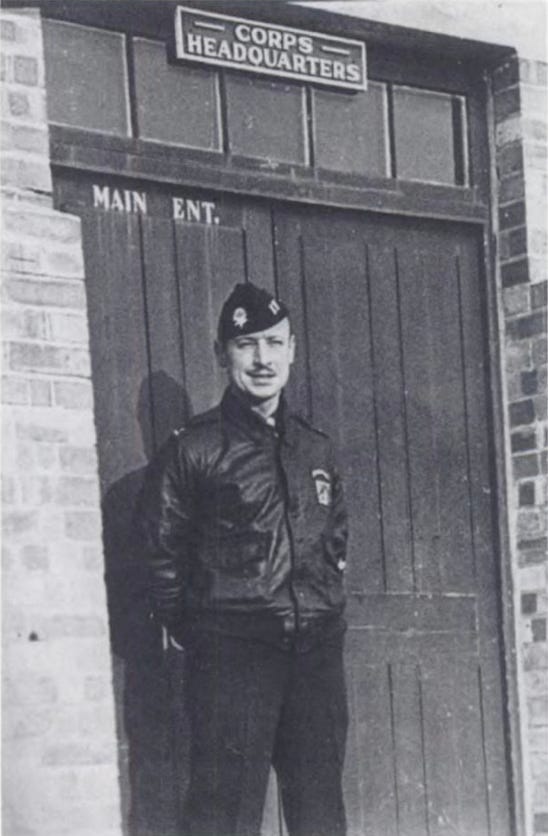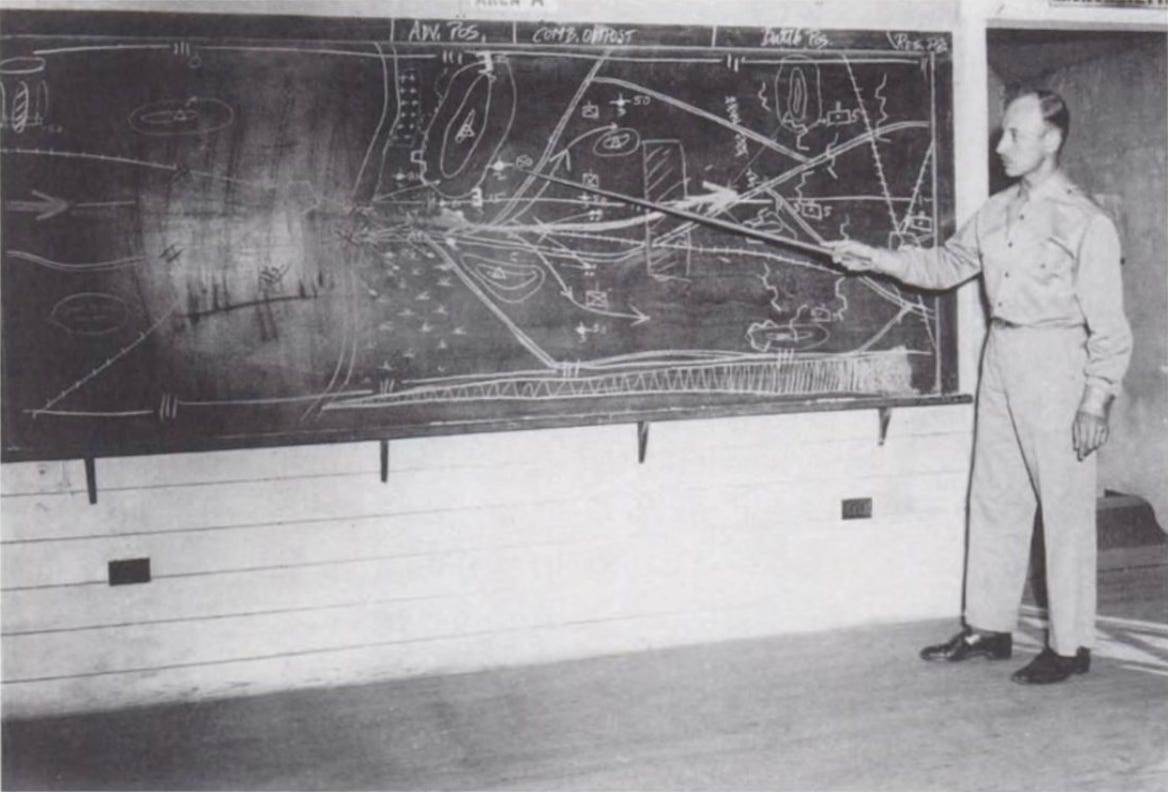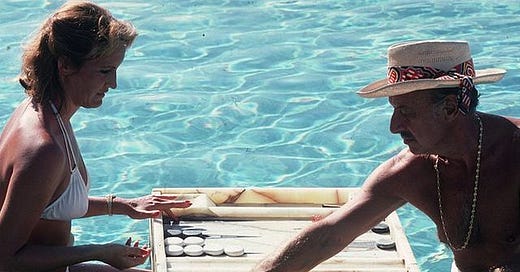Adorable Story #58: Frank "Brandy" Brandstetter
The Hotelier turned Paratrooper, turned Real Estate Developer, turned CIA Informant
“Are you British?”
“I’m afraid not,” said Brandy, a little self-consciously.
The man continued, “Well, how come you are here?”
“Sorry,” said Brandy, “I just follow orders. I got an invitation from the Queen, which to me, is a command. So I am here at her command.”

Frank Maryan “Brandy” Brandstetter (right) was born in 1912 in Bratislava and schooled by the Sisters of Charity and military officers throughout his childhood. In his mid-teens, he became a penniless immigrant on the streets of New York and began a life-long career, working his way up through the ranks in the hotel business. In January of 1941, he volunteered in the U.S. Army, then served as a paratrooper during D-Day, and was later assigned to Army Intelligence. Frank Brandstetter founded the Las Brisas Resort in Acapulco while still on active duty for the Pentagon.
If you aren’t subscribed yet, hit the subscribe button below to receive the Adorable Stories every weekend, directly in your inbox:
Frank was born in Bratislava into Austrian-Hungarian nobility on March 26, 1912, from Ferenc Brandstetter (an officer in Austrian-Hungarian army) and Maria Luisa Drag-Sas Hubicki (from a Polish family of the aristocratic bureaucracy of the Austrian-Hungarian Empire).
During primary school Frank was separated from his parents and was sent first to the Sisters of Charity and then to live in a foster home for children of military officers near Prague. There, he was often teased at school for not speaking the Czech language.
The other boys taught him to memorise some phrases, which he then tried out one day at school on the teacher. The teacher flew into a rage, beat Frank, and sent him home, expelled.
The boys had taught him to say, “You are a stinking Czech pig,” a typically cruel schoolboy prank.
His foster father, on hearing the whole story, visited the school to argue that Frank should not be punished for falling into his schoolmates’ trap.
He was reinstated and this touched the young Frank deeply.
A father who would speak out against an injustice: it held meaning for young Frank.
Humble beginnings
In 1928, at 16 years old, Frank immigrated to the United States as a penniless teenager having no work experience, no English language skills and no friends, but with a burning desire to cut away from his past life in Europe.
He first started working as a fur cleaner in New York but in March 1929, like many other Eastern European immigrants, found a job as an airplane wing fitter at the Sikorsky factory, first near what is now the La Guardia Airport and then at their new plant in Connecticut.
While working there, Frank with three other colleagues enrolled at the night courses of aeronautical engineering at Yale, in New Haven, but the workload was too much for them and they soon dropped out.
Notwithstanding the Great Depression, Frank then decided to try working in the hospitality field and for the next eleven years, he did various jobs mostly in hotels and restaurants in and around New York, changing every season for a slightly better paying job and gaining more responsibilities every year.
Military Career
After Hitler invaded Poland on September 1, 1939, England and France immediately declared war on Germany.
The war escalated quickly.
In 1941, against his father advice, Frank, who had obtained the US passport a few years earlier, decided to volunteer for World War II service with the U.S. Army and his background, knowledge of customs, traditions and fluency with Hungarian, Romanian, Austrian, Czech and German languages made him a perfect choice for an intelligence career.

After graduating from the U.S. Army Intelligence School, he was trained by British military intelligence in the Field Interrogation Detachment (FID).

He also asked to be trained in the airborne division before he was parachuted with the famed “Band of Brothers” 506th Airborne Infantry Regiment on D-Day, near Sainte Mère Église on the Cotentîn Peninsula (lower-Normandy): the unit was dropped in the middle of the Nazi line of fire with the objective of securing various key bridges along the axis of advance of the ground forces (approximately 50% of the unit’s 2,000 men who parachuted into France during the Normandy campaign did not return home — the highest casualty/survivor ratio of the whole D-Day).
Frank then led his IPW (Interrogation of Prisoners of War) team into World War II.
Brandy
During one of the field interrogations, Frank questioned a captured German officer and noticed a small and unusual silver flask the officer had strapped to his belt inside his uniform. Frank asked him what it was.
Keep reading with a 7-day free trial
Subscribe to Adorable Times’ Newsletter to keep reading this post and get 7 days of free access to the full post archives.






